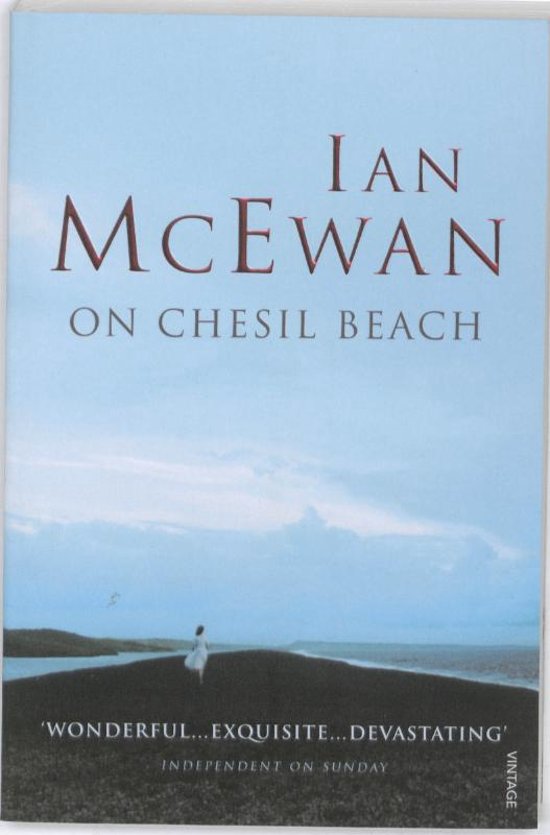

Compare with Florence’s account of her marital handbook: Wearing my feminist hat and, conceivably, over-interpreting, the implication that the root cause of the problem is male and not internal is patronisingly offensive. Had he attempted to make this case the resulting novella would have felt fresher and more significant. The hints of a dark past playing a prominent part in the marital difficulties which ensue feels like an easy out, as if McEwan was personally unconvinced that the paralysing fear of a woefully ill-informed young woman on the event of her first sexual experience was justifiable. McEwan’s concept of relationship breakdown resulting from a failure of communication is a compelling theme for investigation, one that might easily stand alone. The unfortunate effect of this very early observation is to highlight the same manner of flaw undermining McEwan’s theme throughout the novella.

The second phrase renders speculation unnecessary, and weakens the overall impact of the novella’s first sentence. The first phrase is extraordinarily powerful, with the potential to lead the reader on an extensive ‘inferential wandering,’ à la Eco. ‘They were young, educated, and both virgins on this, their wedding night, and they lived in a time when a conversation about sexual difficulties was plainly impossible.’ But I will endeavour to keep my Eco related revelations to a minimum.

My second read of On Chesil Beach followed closely on the heels of Umberto Eco, and the Eco Effect has yet to wear off. On that occasion I thought the story of wedding night nerves in the fifties was well done, I appreciated the significance of a dark back story, and I was completely buying the disastrous results of a profound failure of communication. The first time of reading was several years ago, pre-blog.


 0 kommentar(er)
0 kommentar(er)
